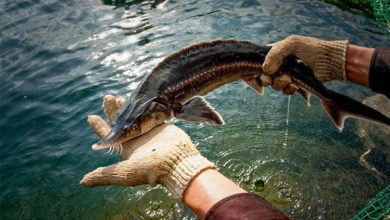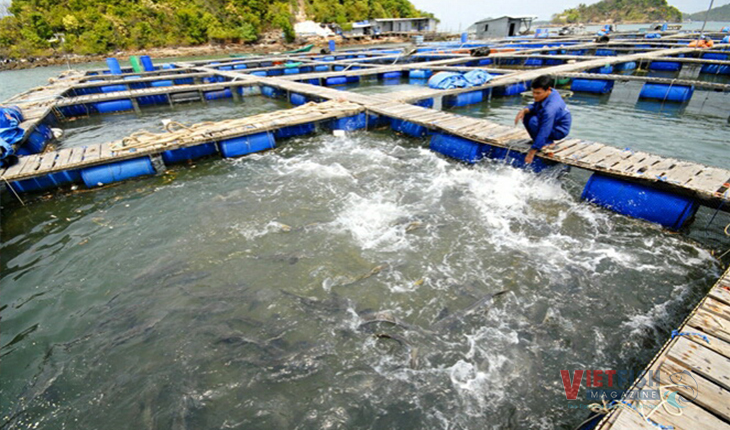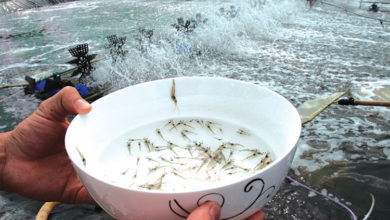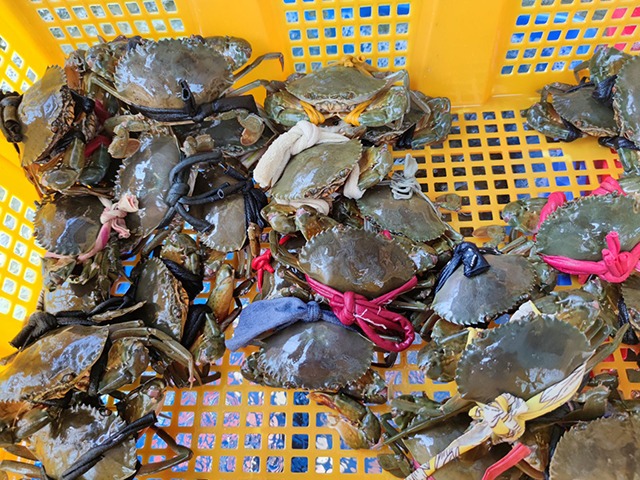Plan for management of antibiotic use in farming
The Ministry of Agriculture and Rural Development (MARD) has launched the National Action Plan for management of antibiotic use and control of antibiotic resistance in livestock production and aquaculture in the 2017-20 period.
With financial support from the United States Agency for International Development, this plan was developed in collaboration with FAO to guide the actions of the agriculture sector and complement the Ministry of Health’s national action plan on combating drug resistance in the 2013-20 period. The implementation of the plan is expected to help mitigate the public health risk arising from antibiotic usage in livestock production and aquaculture in Việt Nam.
The action plan establishes five specific objectives, including review, revise and enforce policy implementation and governance related to antibiotic use (AMU) and antibiotic resistance (AMR) in livestock production and aquaculture. It also, as expected, helps to increase awareness on AMU and the risk of AMR occurrence among food and agriculture professionals, producers and consumers or implement good practices in animal treatment, animal feed production, livestock husbandry and aquaculture.
Deputy Minister of MARD Vũ Văn Tám said the popular use of antibiotics in livestock and aquaculture had led to the presence of antibiotic resistant bacteria in cattle, poultry and aquaculture. He said it was important to have cooperation and technical and financial assistance from agencies, international organisations, research institutes and the private sector to reduce antibiotic use and mitigate antibiotic resistant threats. “Together we are stronger against antibiotic use,” Tám added.
Jong Ha Bae, FAO’s representative, said “Antibiotic resistance threatens the health and livelihoods of the people in Việt Nam, the sustainability of food and agriculture production systems and the environment. Farmers, veterinarians and animal drug sellers should share responsibility by using antibiotic agents more responsibly and find alternative ways to maintain animal health and productivity such as improving bio-security and farming practices.”
Antibiotics can kill or inhibit the growth of micro-organisms such as bacteria, fungi or protozoa. They have been extensively used in recent decades and led to extraordinary improvements in human and veterinary medicine. Being an essential tool to control infectious diseases, they have also contributed to the improvement of food security, food safety and animal welfare.
However, the efficacy of antibiotics has been hampered by the development of resistance in bacteria originating from humans, animals, food and the environment. Infections due to antibiotic-resistant bacteria have led to treatment failures, poor clinical outcomes and deaths.
VNS






